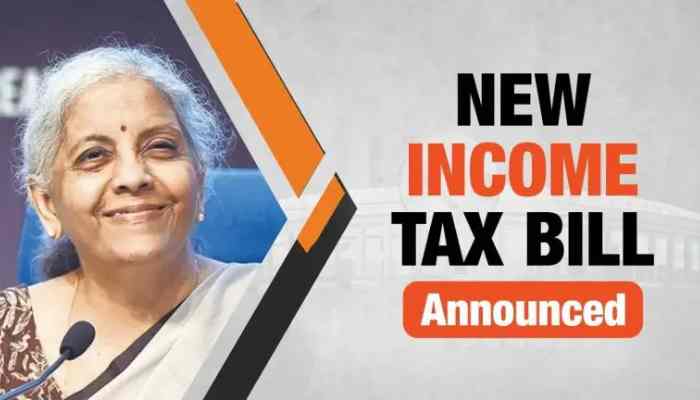Understanding India’s New Income Tax Bill on Virtual Digital Assets

Finance Minister Nirmala Sitharaman recently introduced the Income Tax Bill, 2025, to the Lok Sabha on February 13. This new legislation aims to clarify the definition of virtual digital assets (VDAs) in India. The introduction of this bill follows the presentation of the FY2025-26 budget, where the finance minister did not address any changes to the existing tax laws governing the cryptocurrency sector. This omission left many in the crypto community feeling disappointed. However, the new bill brings significant changes that could shape the future of digital assets in India.
Defining Virtual Digital Assets (VDAs)
The Income Tax Bill, 2025, provides a comprehensive definition of virtual digital assets. According to the bill, any information, code, number, or token generated through cryptographic means that represents inherent value will be classified as a VDA. This definition marks a significant step for India as it seeks to understand the rapidly evolving Web3 industry, which includes blockchain technology, cryptocurrencies, and non-fungible tokens (NFTs).
For the first time, NFTs are explicitly recognized as virtual digital assets in India. These unique blockchain-based tokens represent both digital and physical assets that cannot be duplicated. NFT holders possess certified proof of ownership, which remains unchanged unless they choose to transfer or divide it. While some NFTs serve as digital collectibles, others hold substantial financial value and can be traded for profit. In recent years, various brands and game publishers have utilized NFTs in their marketing strategies to engage younger audiences, offer rewards, and encourage spending within their services.
The bill also includes a provision allowing the Central Government to exclude any digital asset from the VDA definition through a notification. This flexibility indicates the government’s willingness to adapt to the evolving landscape of digital assets.
Reporting Obligations for Crypto Transactions
The Income Tax Bill, 2025, spans 622 pages and includes 536 clauses that provide guidance on aligning crypto businesses with Indian law. One of the critical aspects of the bill is the classification of funds generated through VDAs as “undisclosed income.” This classification emphasizes the need for transparency in the crypto sector.
On Page 492 of the bill, the obligation to report crypto transactions is outlined. Any entity dealing with cryptocurrencies must submit transaction details to the income tax authority. However, the bill does not specify the format, manner, or timeframe for these submissions. This lack of clarity raises questions about how businesses will comply with the reporting requirements.
If errors are identified in the submitted details, businesses will have 30 days to correct them. Failure to do so within this timeframe will be considered as providing inaccurate information. Companies can also proactively report errors to the tax authorities. Non-compliance with these reporting requirements could lead to actions from tax officials, highlighting the importance of adhering to the new regulations.
The Income Tax Bill 2025 aims to replace the Income Tax Act of 1961, with the goal of simplifying the tax filing process. However, it is important to note that the Finance Ministry has not introduced any changes to the existing 30 percent tax on crypto income.
Future Implications for the Crypto Community
The introduction of the Income Tax Bill, 2025, has sparked discussions within India’s crypto and Web3 community. Many stakeholders are hopeful that the new regulations will lead to supportive policy amendments in the future. However, they also recognize the complexities involved in assessing VDA-related risks in a country as vast as India.
Utkarsh Tiwari, Chief Strategy Officer at KoinBX crypto exchange, emphasized that the process of public policy making will take time. He noted that speed does not always equate to sustainability, especially with multiple stakeholders involved, including government agencies, financial institutions, and regulators. The goal is to ensure that the policies are comprehensive and inclusive, fostering the growth of the Web3 sector.
As the government continues to engage with the crypto community, there is a sense of cautious optimism. Arjun Vijay, founder of Giottus, expressed hope that the government may eventually embrace the VDA sector. He likened the future of crypto transactions to how stock transactions are currently managed, suggesting that a similar system could be established for cryptocurrencies.
Observer Voice is the one stop site for National, International news, Sports, Editor’s Choice, Art/culture contents, Quotes and much more. We also cover historical contents. Historical contents includes World History, Indian History, and what happened today. The website also covers Entertainment across the India and World.

